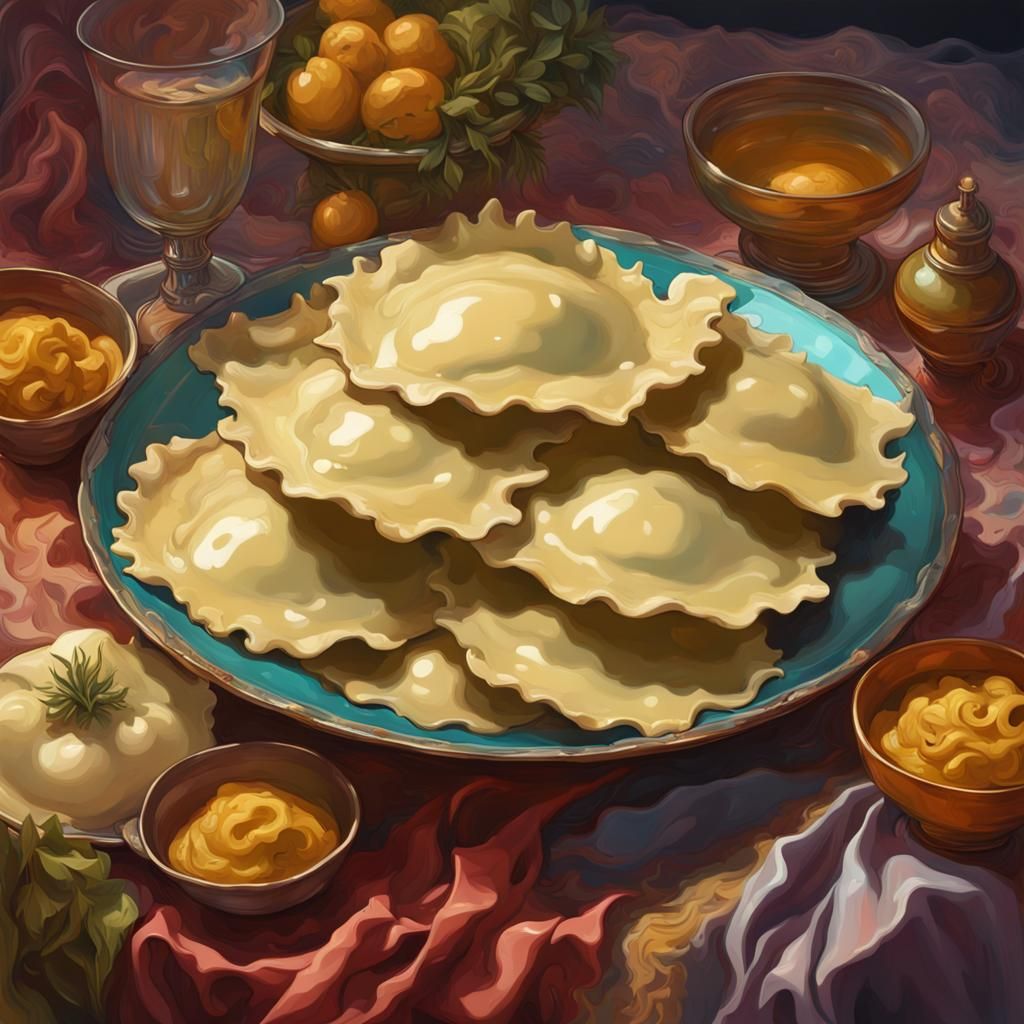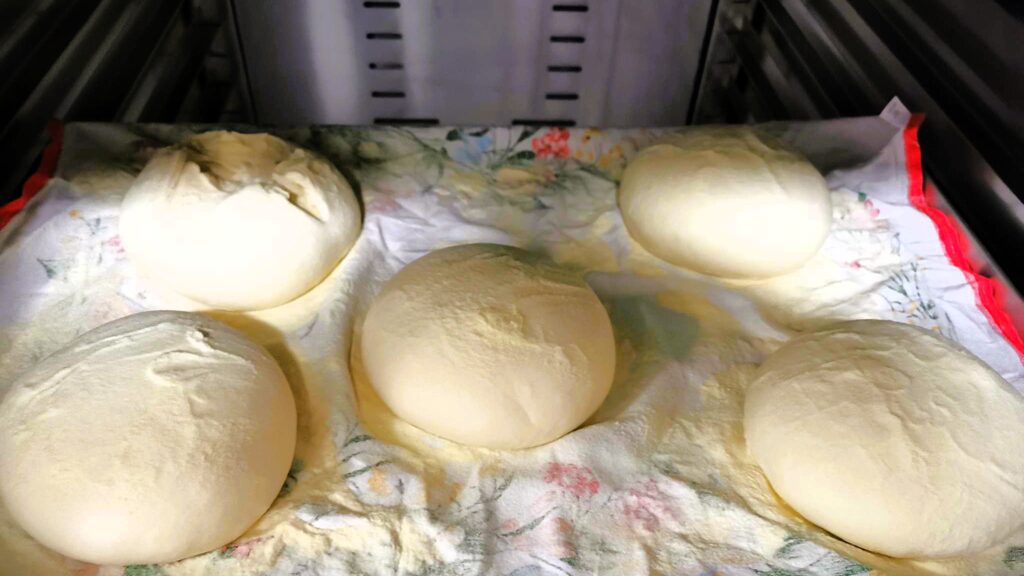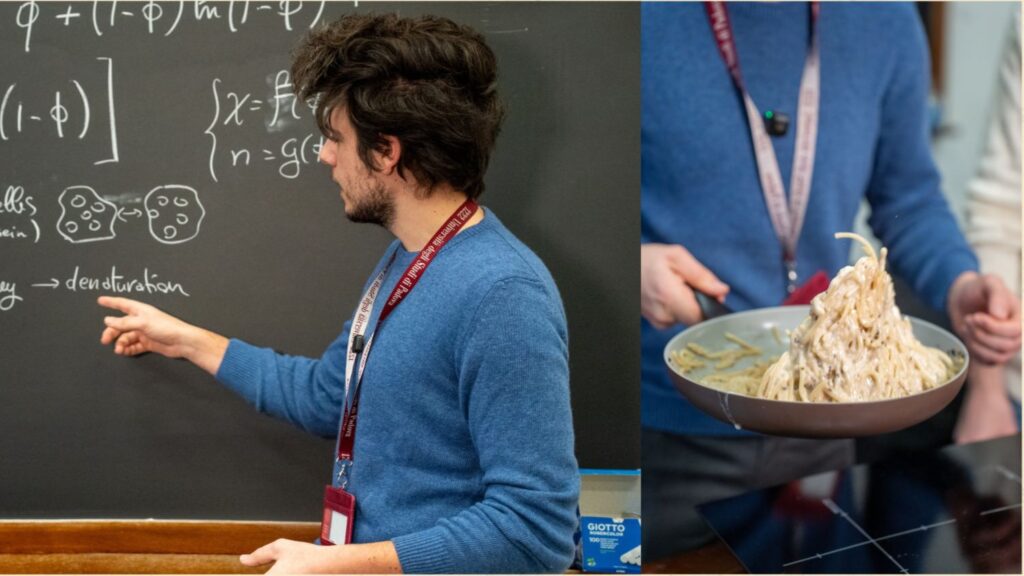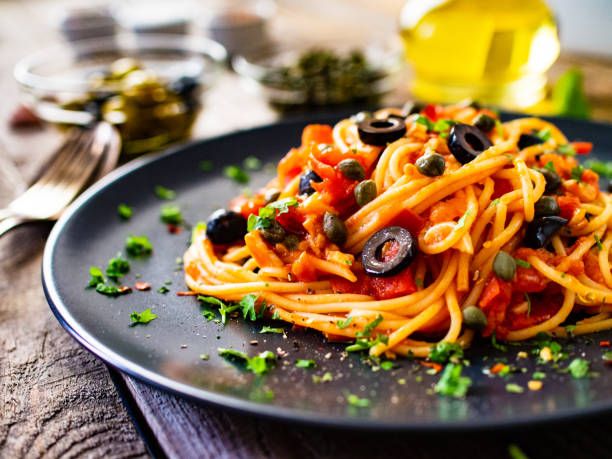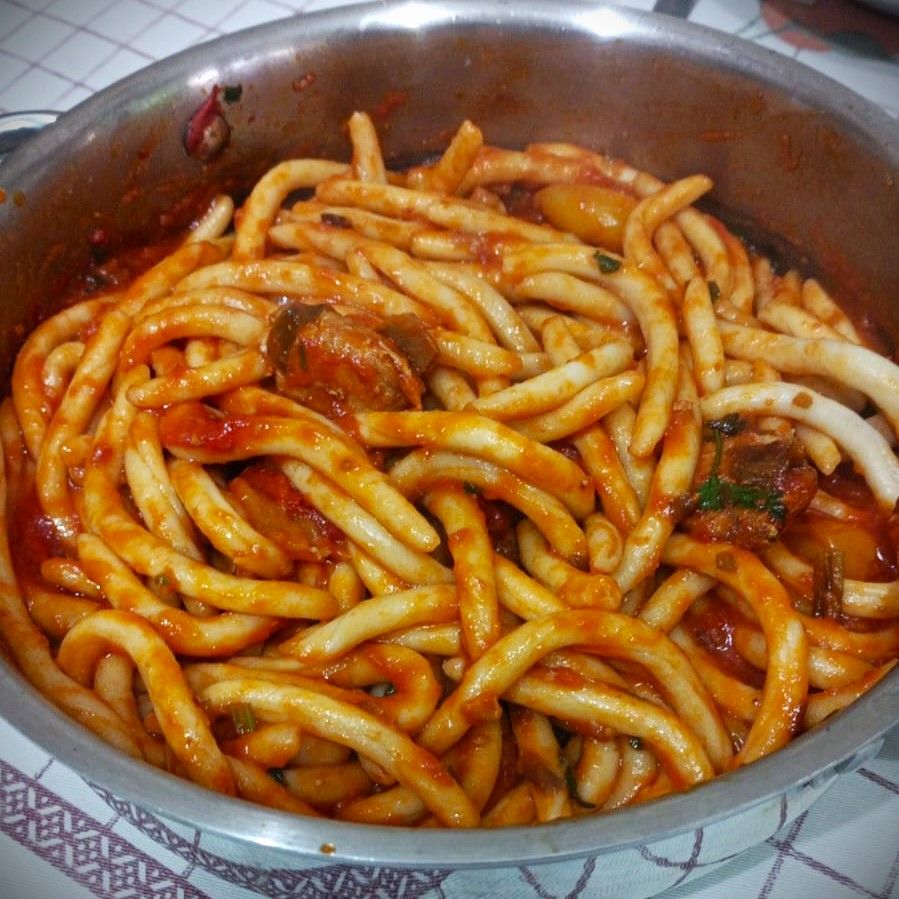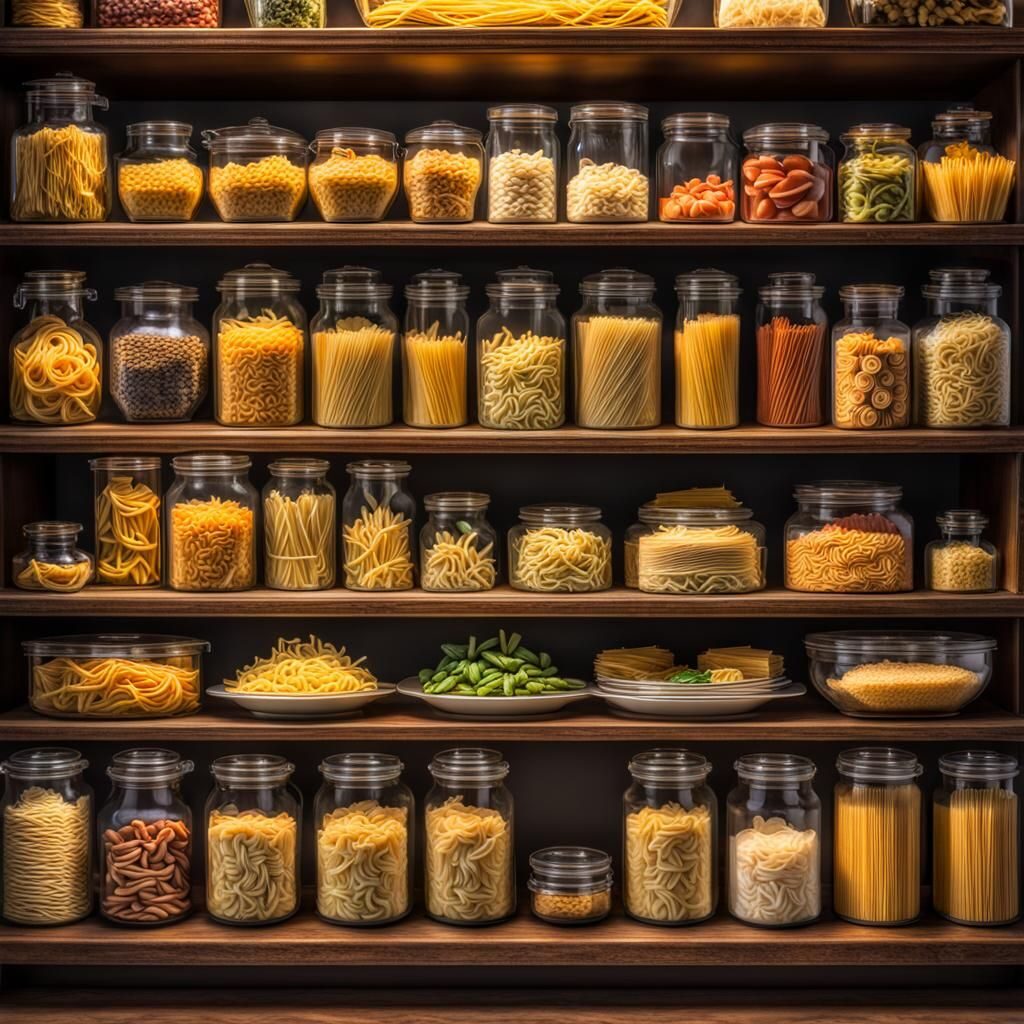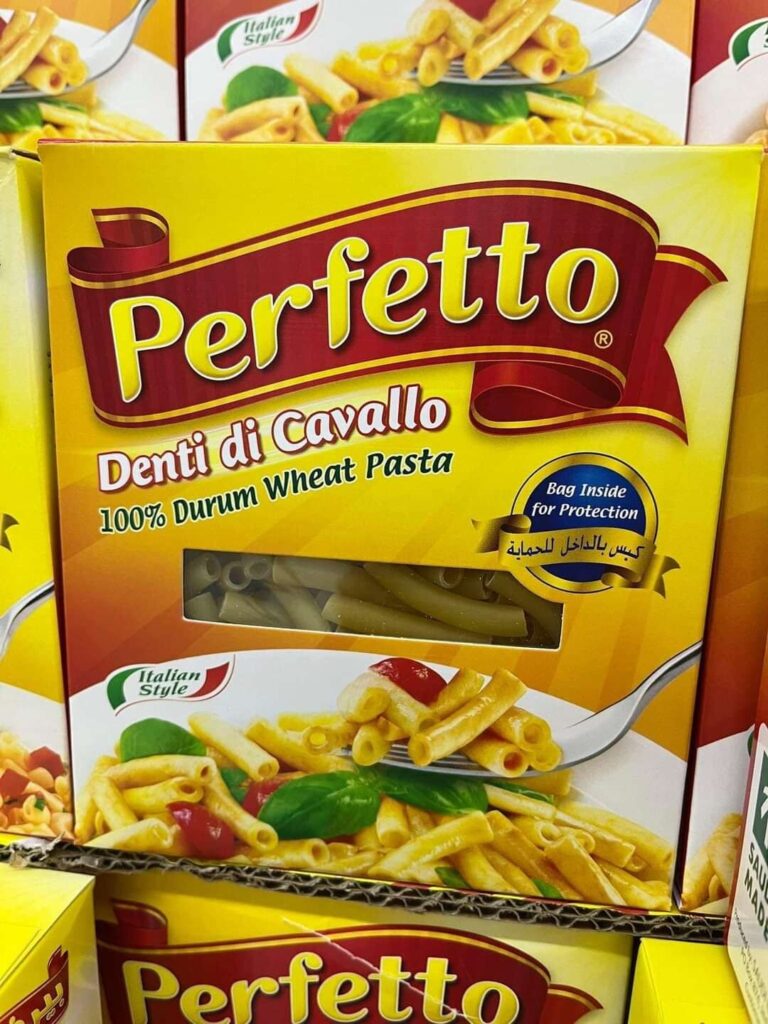By polygenesis we mean a phenomenon that was not born from a single cause, but rather evolved as several lineages independent of one another.
Here’s my segue: dumplings were born through polygenesis.
Those pieces of cooked dough filled with a filling (whether it’s meat, fish or vegetables, it doesn’t matter) don’t have an origin.
They have many. Which differ in times and places.
It is difficult to draw a map, both because of the limited and mostly unverifiable historical information, and because of the countless versions present in every corner of the world.
There are the Jiaozi of China, the Pirog of the Slavic populations, the Italian Ravioli, the Turkish Manti, the Tamale of pre-Columbian Mesoamerica.
There are tons of them… I can’t mention them all!
You know what the funniest thing is?
Food history is full of polygenesis.
Just like spaghetti and noodles, since we’re talking about pasta (forget that nonsense about Marco Polo bringing spaghetti from China…).
The moral is: gastronationalism is stupid.
A food does not necessarily have to be better in one part of the world just because it was (allegedly) invented there.
Nor are you better at cooking something just because it is the national dish of your country.
Go figure: I’m Italian, and I still get the doses for Tiramisu wrong…
However: Enjoy your dumplings and… if you work in catering and/or hospitality industry and you are interested in my #copywriting and/or #contentwriting services, just DM me!

 Italiano
Italiano
